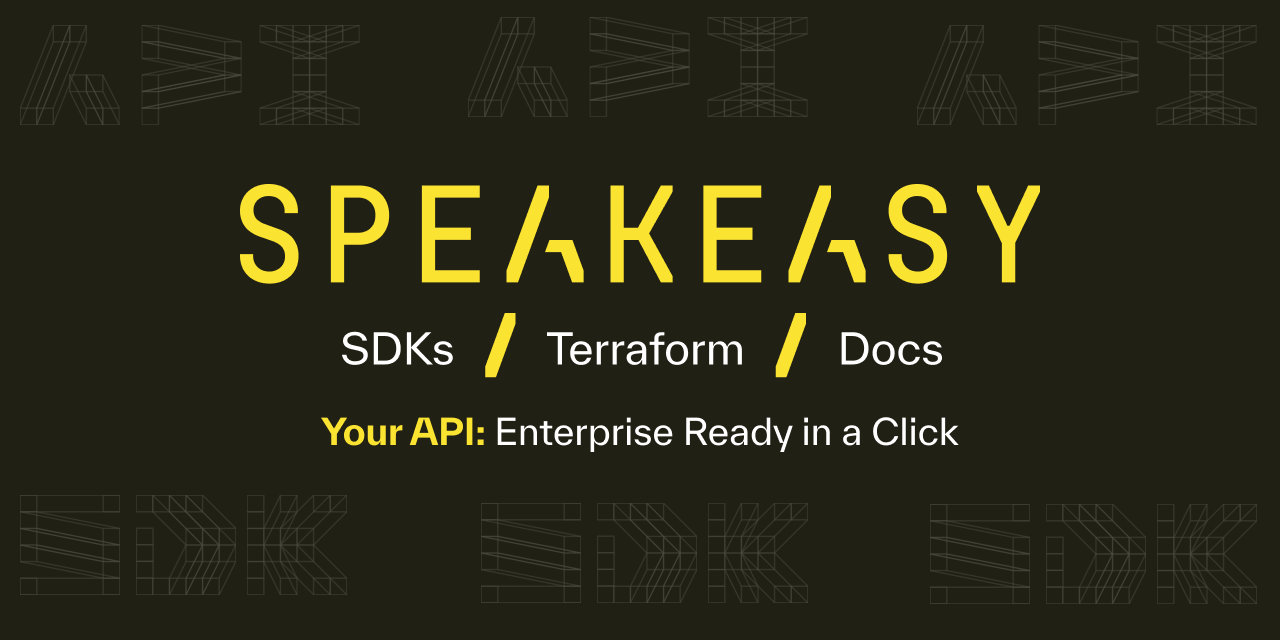Important
Please migrate your projects to use @hey-api/openapi-ts
Due to time limitations on my end, this project has been unmaintained for a while now. The @hey-api/openapi-ts
project started as a fork with the goal to resolve the most pressing issues. going forward they are planning to
maintain the OpenAPI generator and give it the love it deserves. Please support them with their work and make
sure to migrate your projects: https://heyapi.vercel.app/openapi-ts/migrating.html
- All open PR's and issues will be archived on the 1st of May 2024
- All versions of this package will be deprecated in NPM
👋 Thanks for all the support, downloads and love! Cheers Ferdi.
Node.js library that generates Typescript clients based on the OpenAPI specification.
- Frontend ❤️ OpenAPI, but we do not want to use JAVA codegen in our builds
- Quick, lightweight, robust and framework-agnostic 🚀
- Supports generation of TypeScript clients
- Supports generations of Fetch, Node-Fetch, Axios, Angular and XHR http clients
- Supports OpenAPI specification v2.0 and v3.0
- Supports JSON and YAML files for input
- Supports generation through CLI, Node.js and NPX
- Supports tsc and @babel/plugin-transform-typescript
- Supports aborting of requests (cancelable promise pattern)
- Supports external references using json-schema-ref-parser
npm install openapi-typescript-codegen --save-dev
$ openapi --help
Usage: openapi [options]
Options:
-V, --version output the version number
-i, --input <value> OpenAPI specification, can be a path, url or string content (required)
-o, --output <value> Output directory (required)
-c, --client <value> HTTP client to generate [fetch, xhr, node, axios, angular] (default: "fetch")
--name <value> Custom client class name
--useOptions Use options instead of arguments
--useUnionTypes Use union types instead of enums
--exportCore <value> Write core files to disk (default: true)
--exportServices <value> Write services to disk (default: true)
--exportModels <value> Write models to disk (default: true)
--exportSchemas <value> Write schemas to disk (default: false)
--indent <value> Indentation options [4, 2, tab] (default: "4")
--postfixServices Service name postfix (default: "Service")
--postfixModels Model name postfix
--request <value> Path to custom request file
-h, --help display help for command
Examples
$ openapi --input ./spec.json --output ./generated
$ openapi --input ./spec.json --output ./generated --client xhr
The main documentation can be found in the openapi-typescript-codegen/wiki
If you or your company use the OpenAPI Typescript Codegen, please consider supporting me. By sponsoring I can free up time to give this project some love! Details can be found here: https://github.com/sponsors/ferdikoomen
If you're from an enterprise looking for a fully managed SDK generation, please consider our sponsor:














